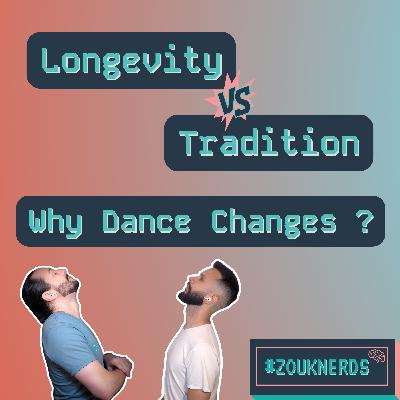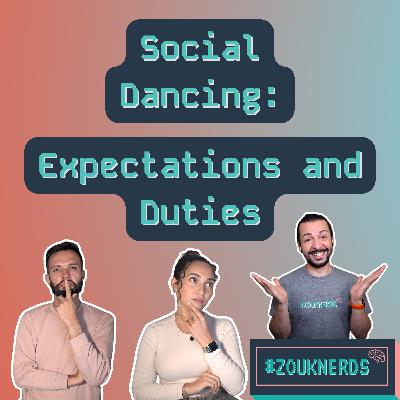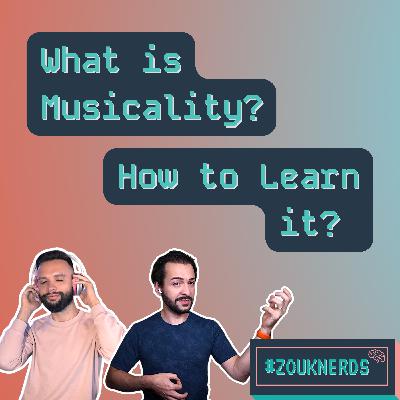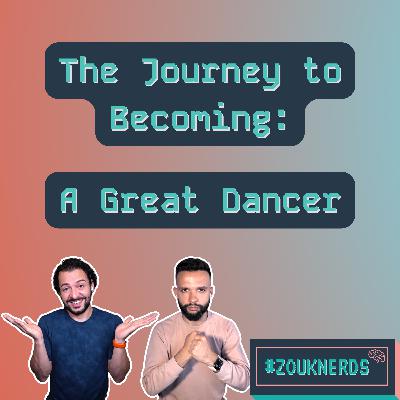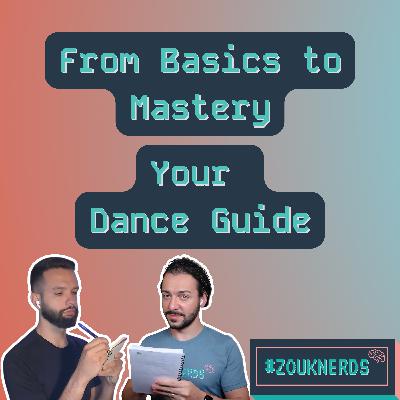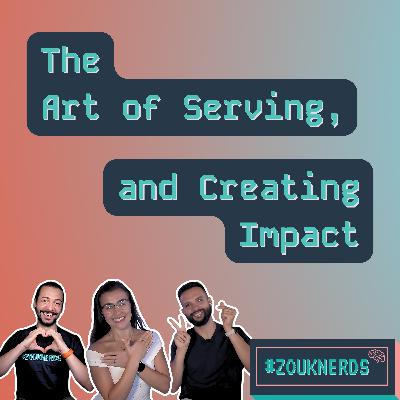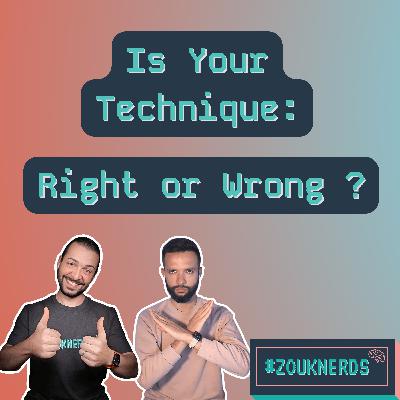Longevity vs. Tradition: Why Dance Changes (S05 Ep61)
Description
Why your "Old Technique" is now "Wrong"
In this episode, Gui and I take a deep dive into the constantly evolving journey of Zouk and dance techniques. We address the common confusion students feel when teachers tell them to abandon moves or concepts they previously learned.
The Evolution: Comfort Over Squeeze
We discuss how techniques have changed, driven by a pursuit of a less tiring, less injury-prone, and more inclusive social dance experience.
Less is More: We no longer teach the rigid squeezing of muscles (abs, glutes) that locked up the body. The focus is on engaging muscles only as needed and maintaining a natural posture.
Effortless Movement: We talk about movements like the Patinha, dramatic rise-and-fall, and deep Cambré bridges that required too much energy and often caused dancers to tire quickly. The modern approach favors natural, comfortable movement for longevity on the social floor.
The Problem: Micromanaging and Bad Habits
We argue that the biggest mistakes teachers make involve micromanagement, often rooted in the fear of "bad habits":
Body First: Our current methodology is to get the student to the body and sensation as quickly as possible, then introduce the technical details to the brain.
Let Them Struggle: We warn against micromanaging every mistake. Instead, let students struggle a little longer so they can discover the correct sensation themselves, rather than simply enforcing the rule immediately.
Copying vs. Replicating: We distinguish between thoughtless copying and replicating (imitating with awareness and testing), arguing that awareness is the key to true learning.
The continuous evolution of Zouk is a blessing for longevity and inclusivity. As dancers and teachers, our job is to stay open, observe the impact of our words, and embrace the process of constant change.
___________
What "classic" Zouk technique have you stopped doing because you realized it was too taxing or rigid?
Share your thoughts and join the conversation!

